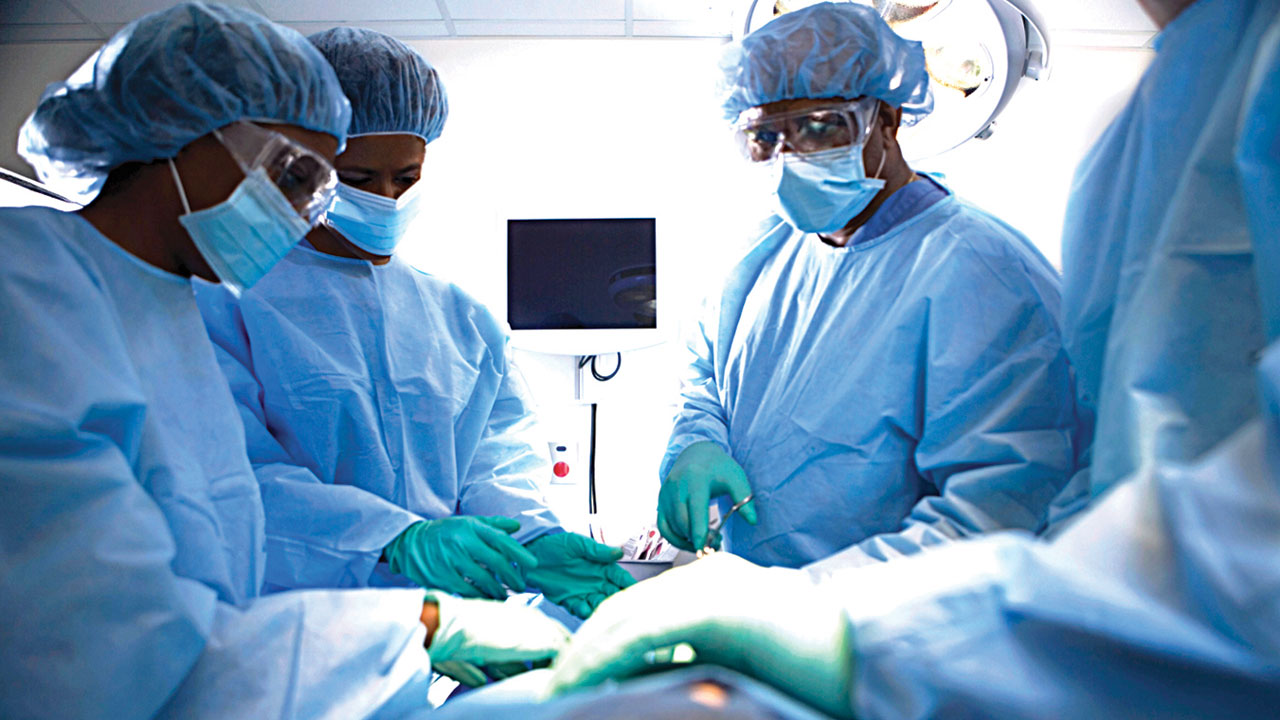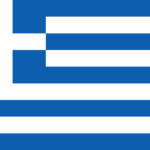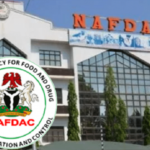The strike embarked upon by the Nigerian Association of Resident Doctors (NARD) on Wednesday has disrupted health services in public facilities across the country.
Our reporters observed that there was compliance with the strike by members of NARD in the health facilities visited in parts of the country.
It has led to skeletal or no services across the various departments and units of the hospitals.
Patients, including those in need of emergency care, were turned back in some facilities, while those in the wards were not receiving the required attention.
Bandits kill 7 soldiers, ward head, 28 farmers in Zamfara, Bauchi
We’ll provide data for guided investment in real estate — Stakeholders
Those who spoke lamented that they are suffering from lack of care despite measures put in place by some facilities for consultants and house officers to attend to the sick.
NARD announced the strike on Tuesday night after its virtual extra-ordinary National Executive Council (NEC) meeting.
The president of the association, Dr Orji Emeka Innocent, said the association embarked on strike due to the failure of the federal government to meet its demands.
He decried government’s slow response to the demands despite giving several ultimatums.
The association had earlier embarked on a five-day warning strike in May. It thereafter gave the federal government a two-week ultimatum, which it extended by another two weeks on July 5 which expired on July 19, 2023.
NARD said it observed among others, “The failure of government to release the circular on one-for-one replacement of clinical staff despite the untoward hardship the current spate of brain drain has caused Nigerian doctors and other clinical staff.”
Situation across the country
In Rivers State, our correspondent reports that there was total compliance with the strike at the University of Port Harcourt Teaching Hospital (UPTH).
Resident doctors at the hospital did not attend to patients that came for medical care while the hospital management devised means to carry out skeletal services.
Some of the patients who spoke with our reporter said they were not attended to by the doctors.
A patient who simply identified himself as Jonason, said nobody was ready to attend to him in the morning when he visited the hospital.
“I visited the hospital in the morning but nobody was able to attend to me. I was informed that doctors are on strike; that they are not attending to patients. I have to leave because nobody was attending to us,” he said.
Another patient who pleaded anonymity said he was not able to see a doctor when he visited the hospital.
“I have an appointment with my doctor but when I came in the morning they told me that doctors are on strike. I have no choice but to go back home,” he said.
Total compliance at health facilities in Abuja
At the National Hospital Abuja, our reporter observed that all the resident doctors in the hospital had downed tools in compliance with the directive of the association.
Patients for the general outpatient unit were initially attended to but later turned away except for those booked to see consultants. The unit was also empty of the usual crowd because of the strike.
The reporter also observed patients being turned away at the emergency unit of the hospital.
A man who pleaded anonymity said he rushed his wife to the emergency unit but they met the door locked. He said after some time, it was opened but the doctors and nurses didn’t attend to any patients.
He said considering his wife’s condition, he entered and appealed to the medical staff but still no one attended to them.
“They told us doctors are on strike and not attending to patients. I am making arrangements to take my wife to another hospital now,” he said.
Another man who said they had been at the hospital since 10am, added that no one had attended to his wife. However, a doctor briefly came in to attend to a little child who had also waited for hours.
A patient lying in an ambulance in front of the emergency unit of the hospital was also not attended to, despite pleading by those who were with him.
At the time of the visit, however, there were still patients in the wards of the hospital.
The spokesman of the hospital, Tayo Haastrup, said they have devised means to provide services to patients in the absence of the striking resident doctors.
He said the chief medical director of the hospital, Mahmud Raji, after a meeting with heads of departments, directed consultants and house officers as well as a few corps members to provide services.
However, he said resident doctors constitute a large chunk of doctors in the facility and their strike will affect services they were rendering.
He said the hospital has not discharged patients on admission yet but added that if the days of the strike run on, the hospital may weigh the medical care required by patients on admission and start discharging those that are manageably fit.
He said this is a result of the workload on the consultants and house officers in the absence of the resident doctors.
Medical activities paralyzed in Ebonyi hospitals
Resident doctors in Ebonyi State have also joined in the strike.
The Public Relations Officer of Alex Ekwueme Federal Teaching Hospital, Abakaliki, Mr Uzodinma Orji, told Daily Trust yesterday.
It was gathered that the development has paralyzed medical activities in the hospitals.
A patient admitted to the hospital, Mrs Esther Okorie, said she had not received adequate medical attention since she arrived on Wednesday.
She noted that some patients were moved by their relations to private hospitals.
“I came here today not knowing that the doctors are on strike and since I came I have not been adequately attended to. If things don’t work out as I thought, I think I will look elsewhere.”
However, senior consultants and other health workers have been positioned to address the gap created by the striking doctors in the hospital.
In Kano: ‘Some of our members are still on ground’
In Kano, however, resident doctors were yet to down tools yesterday.
Dr Abdullahi Kabir Suleiman, a resident doctor at the Aminu Kano Teaching Hospital (AKTH) said, “We are yet to embark on the strike; some of our members are still on ground.
“You know, they (resident doctors) have to come down to the local level and conduct a meeting before they embark on strike.”
Meanwhile, the chairman of Aminu Kano Teaching Hospital chapter of the resident doctors, Haruna Yakubu, could not be reached for comment as calls to his phone rang out.
Resident doctors in Ibadan proceeded on strike a week earlier
Meanwhile resident doctors under the auspices of the Association of Resident Doctors (ARD) at the University College Hospital (UCH) Ibadan embarked on a three-week industrial action since July 20, 2023.
ARD said the strike, which has crippled activities at the hospital for the past one week, was geared towards calling the attention of the government to the plight of the 250 members of the association.
Hence, the indefinite strike action embarked upon by the National Association of Resident Doctors (NARD), has compounded the situation as at the time of filing this report as no doctors were attending to patients at the hospital.
Resident doctors demands
NARD in a communique after its virtual National Executive Council (NEC) meeting issued on Wednesday morning signed by the president of the association, Dr Orji Emeka Innocent, secretary-general Dr Chikezie Kelechi, and publicity and social secretary Dr Umar Musa said its demands are:
Immediate payment of the 2023 Medical Residency Training Fund (MRTF); Immediate release of the circular on one-for-one replacement; and Payment of skipping arrears and upward review of CONMESS in line with full salary restoration to the 2014 value of Consolidated Medical Salary Structure (CONMESS).
Others are payment of the arrears of consequential adjustment of minimum to the omitted doctors, reversal of the downgrading of the membership certificate by the Medical and Dental Council of Nigeria (MDCN), payment of MRTF, new hazard allowance, skipping and implementation of corrected CONMESS in State Tertiary Health Institutions and payment of omitted hazard allowance arrears.
By Ojoma Akor (Abuja), Victor Edozie (Port Harcourt), Adenike Kaffi (Ibadan), Salim Umar Ibrahim (Kano) & Nabob Ogbonna (Abakaliki)

 Join Daily Trust WhatsApp Community For Quick Access To News and Happenings Around You.
Join Daily Trust WhatsApp Community For Quick Access To News and Happenings Around You.


